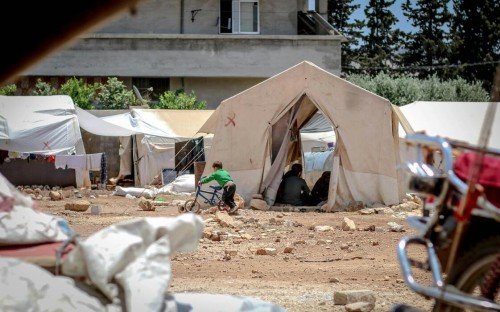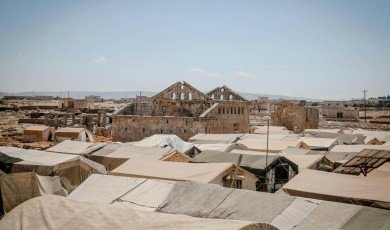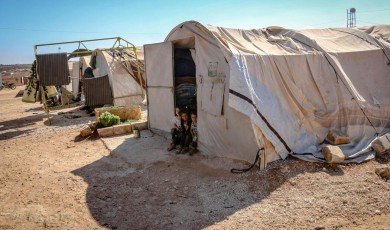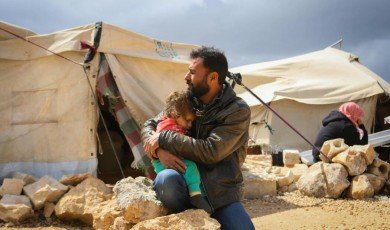
Migration is often reduced to statistics, policy debates, and political arguments. We hear about numbers—how many arrive, how many are turned away, but behind those figures are human beings with dreams, fears, and resilience. Every migrant crossing a border carries a story: of survival, opportunity, or hope for a better life. By looking at these human narratives, we can move beyond stereotypes and understand the profound reality of migration.
Journeys Fueled by Hope and Necessity
For many migrants, the decision to leave home is not one of desire, but of necessity. Armed conflict, poverty, and political instability force families to make impossible choices. A farmer from Central America may flee after repeated crop failures caused by climate change. A mother in Syria may embark on a dangerous journey to ensure her children grow up in safety. These personal motivations often blur the line between “economic migrant” and “refugee,” showing how interconnected survival and opportunity truly are.
The Challenges Along the Way
The path of migration is rarely straightforward. Journeys may involve days or months of walking, long waits in refugee camps, or dangerous passages across seas. Migrants often face smugglers, exploitation, and the threat of violence. At borders, they can encounter hostility, bureaucracy, or indifference. Yet, despite these hardships, many continue forward, driven by the possibility of safety or a brighter future.
Struggles and Adaptation
Arriving in a host country is both a relief and a new beginning. Migrants face the challenges of finding work, learning a new language, and adapting to unfamiliar cultural norms. Children often adapt quickly, picking up new languages at school, while adults struggle to balance cultural identity with integration. Here, community support can make the difference between isolation and belonging. Access to education, fair wages, and housing often determine whether newcomers can build sustainable lives.
Breaking Down Barriers Through Communication
Language is one of the greatest barriers for migrants and refugees. From filling out asylum applications to accessing healthcare, communication can mean the difference between inclusion and marginalization. This is where translation agencies play a quiet but essential role. By offering services that bridge language divides, they enable migrants to navigate legal processes, receive medical treatment, and integrate into new societies. Whether it’s translating official documents or offering interpretation in schools and hospitals, these services ensure migrants are not voiceless in their new environments. In fact, even recreational industries like paddleboarding companies in Canada rely on French Canadian translation services to make experiences accessible, a reminder that language inclusivity matters everywhere, from leisure to life-saving services.
Stories of Resilience
Behind every migrant is a story of remarkable resilience. There are students who continue their studies in refugee camps using donated books. There are doctors and teachers who, despite losing everything, rebuild their professions in new countries. There are families who create businesses, enriching the communities that welcome them. By sharing these personal accounts, we honor the determination and strength of those who rebuild their lives from the ground up.
The Role of Communities and Civil Society
Successful integration is not only about national policies; it is also about how local communities respond. Grassroots organizations, volunteer networks, and faith-based groups often provide food, shelter, and companionship. Schools adapt programs to welcome children with different backgrounds. Employers, too, play a role by offering opportunities that help migrants contribute economically. Partnerships with local institutions, NGOs, and even translation agencies reinforce the idea that integration is not a one-way process but a mutual exchange. Just as global industries ensure cultural and legal accuracy in consumer goods, for example, French document translation services help beer brands meet packaging compliance communities must ensure communication is clear and inclusive for migrants to thrive.
Rethinking Migration Beyond Politics
Too often, migration is framed as a “problem” to be solved rather than a reality to be embraced and managed humanely. In truth, migration has shaped civilizations throughout history, driving cultural exchange, economic growth, and innovation. Today’s debates should focus less on building walls and more on building bridges, policies that balance security with compassion, and borders with pathways to dignity. Healthcare is one critical example. Migrants often struggle to access medical services because of language barriers and complex legal frameworks. This is why French legal translation services are so vital in healthcare, ensuring patients fully understand their rights, treatments, and documentation, reducing risks while improving care.
Conclusion
When we strip away political rhetoric, migration is fundamentally a human story. It is about parents protecting children, workers seeking dignity, and young people chasing opportunities. To truly address the challenges of migration, we must recognize migrants as individuals, not statistics. By listening to their stories, supporting their integration, and breaking down barriers, societies can transform migration from a perceived crisis into a story of shared humanity.








